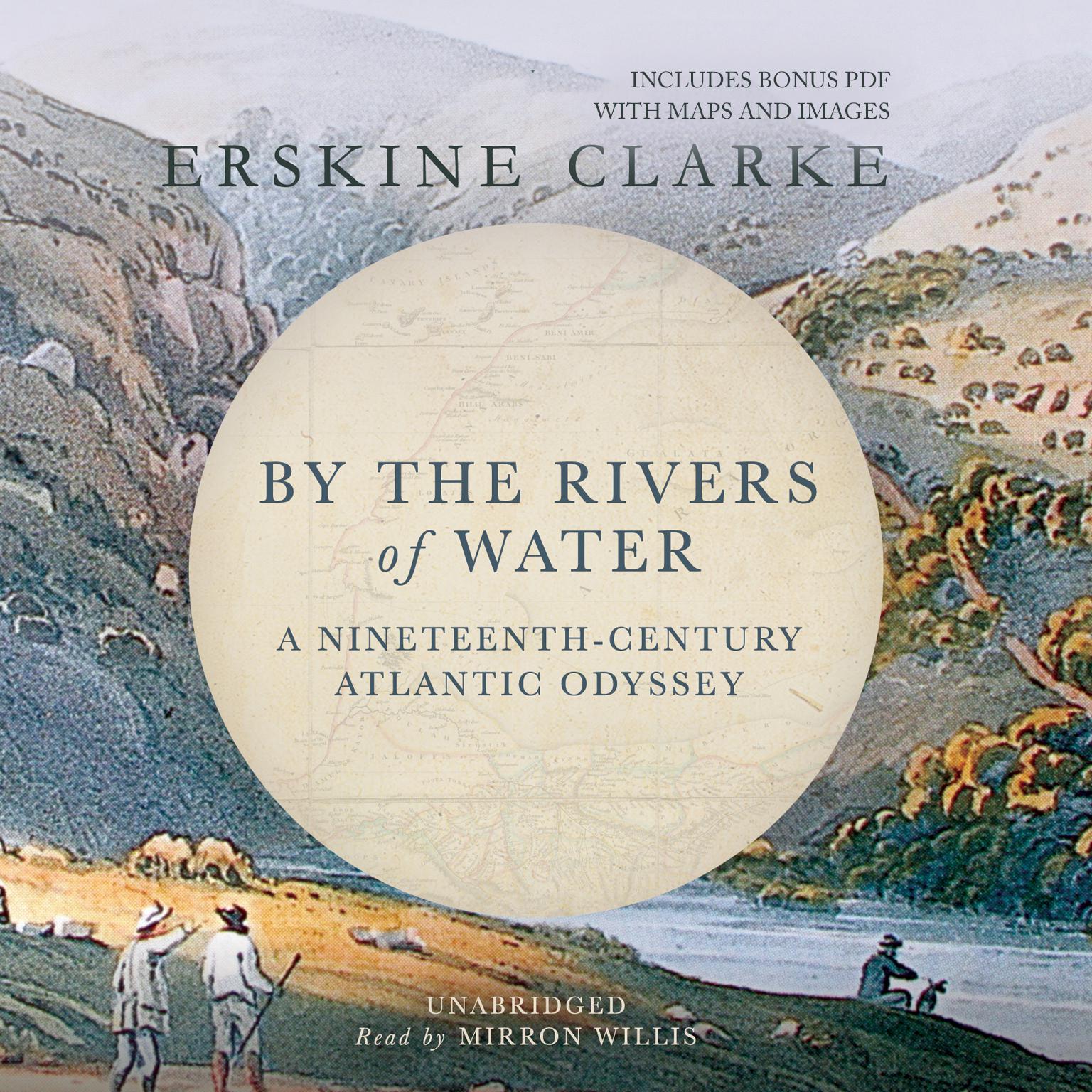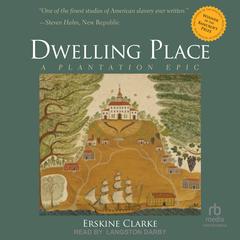 Play Audiobook Sample
Play Audiobook Sample
By the Rivers of Water: A Nineteenth-Century Atlantic Odyssey Audiobook
 Play Audiobook Sample
Play Audiobook Sample
Quick Stats About this Audiobook
Total Audiobook Chapters:
Longest Chapter Length:
Shortest Chapter Length:
Average Chapter Length:
Audiobooks by this Author:
Publisher Description
In early November 1834, an aristocratic young couple from Savannah and South Carolina sailed from New York and began a seventeen-year odyssey in West Africa. Leighton and Jane Wilson sailed along what was for them an exotic coastline, visited cities and villages, and sometimes ventured up great rivers and followed ancient paths. Along the way they encountered not only many diverse landscapes, peoples, and cultures but also many individuals on their own odysseys—including Paul Sansay, a former slave from Savannah; Mworeh Mah, a brilliant Grebo leader, and his beautiful daughter, Mary Clealand; and the wise and humorous Toko in Gabon. Leighton and Jane Wilson had freed their inherited slaves and were to become the most influential American missionaries in West Africa during the first half of the nineteenth century. While Jane established schools, Leighton fought the international slave trade and the imperialism of colonization. He translated portions of the Bible into Grebo and Mpongwe and thereby helped to lay the foundation for the emergence of an indigenous African Christianity.
The Wilsons returned to New York because of ill health, but their odyssey was not over. Living in the booming American metropolis, the Wilsons welcomed into their handsome home visitors from around the world as they worked for the rapidly expanding Protestant mission movement. As the Civil War approached, however, they heard the siren voice of their Southern homeland calling from deep within their memories. They sought to resist its seductions, but the call became more insistent and, finally, irresistible. In spite of their years of fighting slavery, they gave themselves to a history and a people committed to maintaining slavery and its deep oppression—both an act of deep love for a place and people and the desertion of a moral vision.
A sweeping transatlantic story of good intentions and bitter consequences, By the Rivers of Water reveals two distant worlds linked by deep faiths.
Download and start listening now!
“This is Atlantic history at its best. The missionary travels of John Leighton and Jane Wilson open a window onto one of the major contradictions in the nineteenth-century Atlantic world, where slave ships from Africa crossed paths with ships carrying freed American slaves back to Africa. Such contradictions were reflected in the internal struggles of John Leighton Wilson himself, who freed his own slaves in Georgia and fought a twenty-year battle against the slave traders on the coast of Africa, but still found his loyalties strangely torn by the American Civil War.”
— Robert Harms, Yale University, author of The Diligent: Worlds of the Slave Trade
Quotes
-
“A sweeping saga of personal challenges and cultural changes…Brimming with insights about interconnected individuals, peoples, and societies struggling with conscience and dignity to make moral choices amid clashing, if not collapsing, worlds, this work is required reading for anyone interested in a sympathetic understanding of early US missionaries in West Africa, the perils of the US colonization movement, Civil War tensions, or Atlantic world connections.”
— Library Journal (starred review) -
“An original history that tells the engrossing story of two white missionaries and their often stormy relations with their mostly black fellow countrymen, against the background of America descending into Civil War.”
— Publishers Weekly -
“Writing from the perspectives of white missionaries and African Americans (enslaved and freed) as well as Africans, historian Clarke offers a complex portrait of the countervailing forces of the nineteenth century as America grappled with the profound contradictions of slavery…Their story is one of ‘good intentions and cruel consequences, and the enigma of human freedom in the midst of slavery and the contingencies of human life.’”
— Booklist -
“A sinuously nuanced pursuit of a Southern Christian missionary couple’s conflicted journey from slaveholding Savannah, Georgia, to West Africa…[A] thorough and compelling history of missionary work and the nineteenth-century African American experience both in America and abroad.”
— Kirkus Reviews -
“Clarke has written a riveting account of missionaries John and Jane Wilson and their encounters with the indigenous people of west Africa and with free African Americans seeking escape from American slavery and racism. And in giving voice to their beliefs, hopes, and fears, he has created a remarkable window into many of the central struggles of nineteenth-century America.”
— Dan Carter, University of South Carolina, author of Scottsboro: A Tragedy of the American South
By the Rivers of Water Listener Reviews
Be the first to write a review about this audiobook!
About Erskine Clarke
Erskine Clarke is the author of several works of nonfiction, including Our Southern Zion and By the Rivers of Water. His book Dwelling Place received the Bancroft Prize, which is considered one of the most prestigious awards in American history writing, as well as the Mary Lawton Hodges Book Prize and the Malcolm Barrow Bell Award. He is professor emeritus of American religious history at Columbia Theological Seminary.
About Mirron Willis
Mirron Willis—actor of film, stage, and television—is the winner of the prestigious Audie Award for best narration in 2012 and a finalist for the Audie in 2015, as well as the winner of four AudioFile Earphones Awards for his audiobook recordings. He has worked extensively in film and television and on stage with the Oregon Shakespeare Festival, the Houston Shakespeare Festival, and the Ensemble Theatre, among others. He has recorded some 150 audiobooks, including the Smokey Dalton series by Kris Nelscott and My Song by Harry Belafonte. He resides and records audiobooks on his family’s historic ranch in East Texas.




